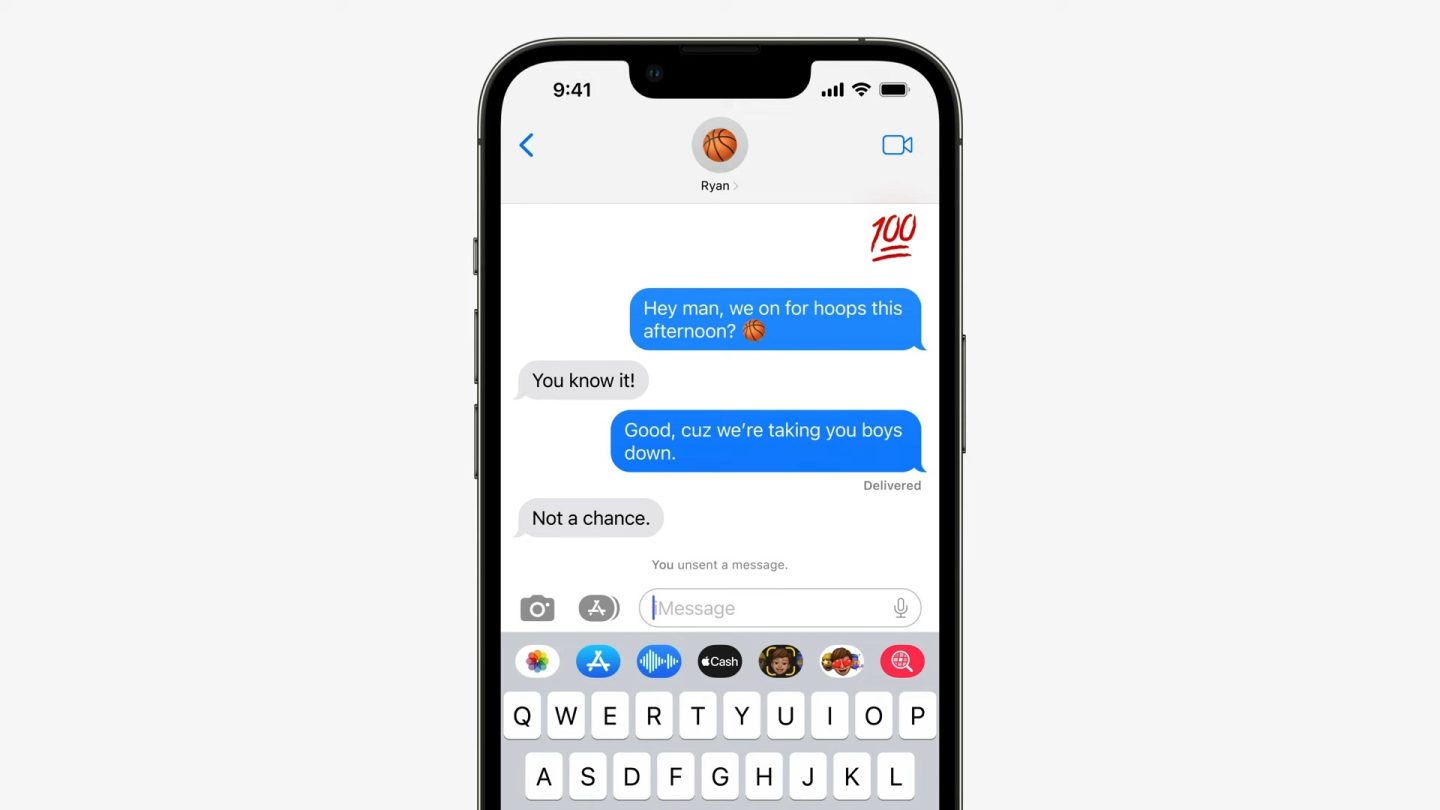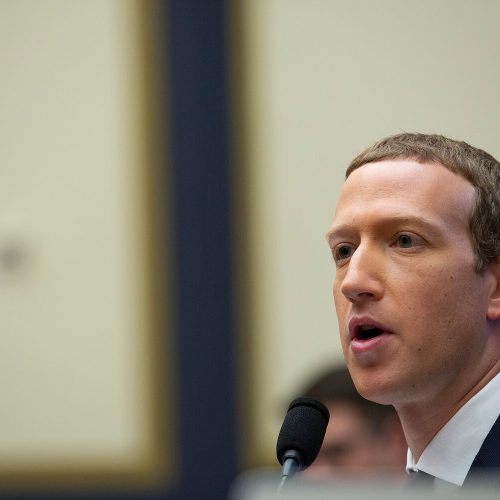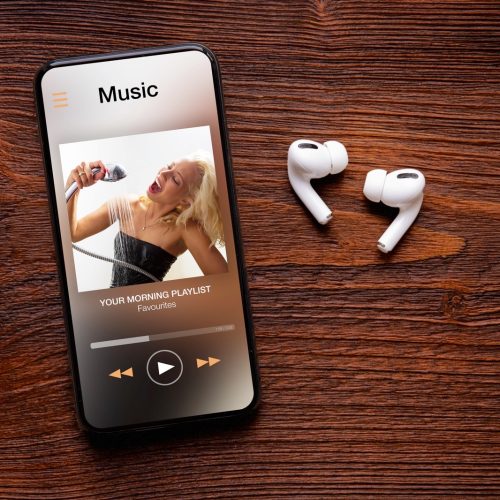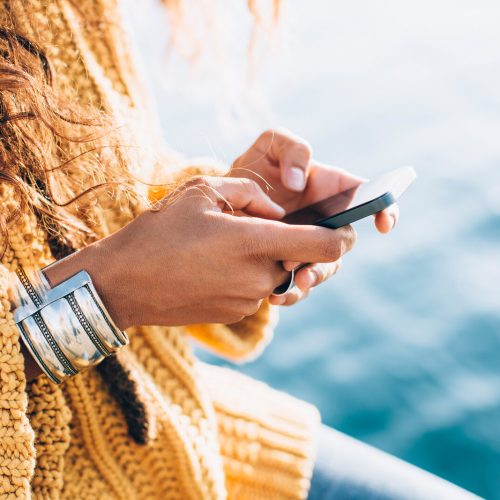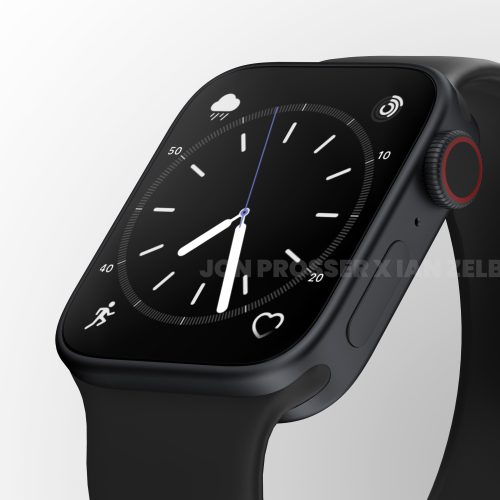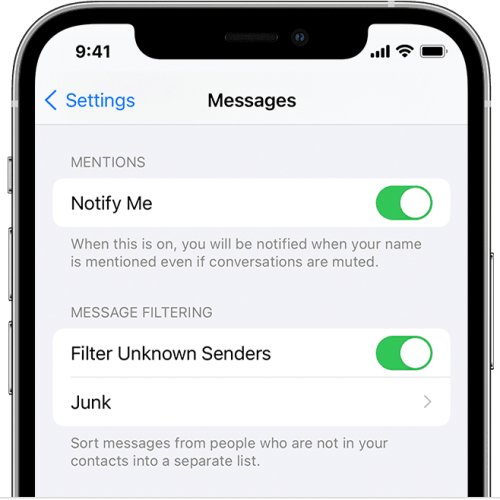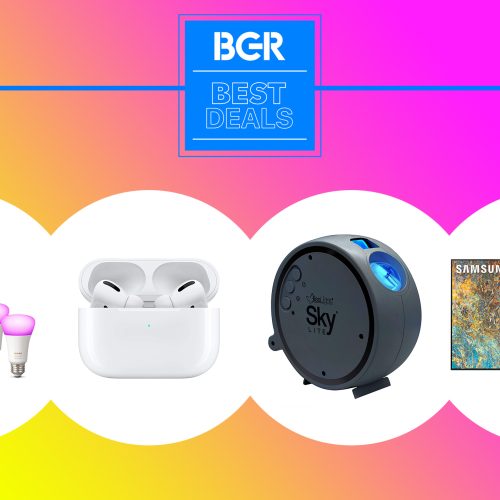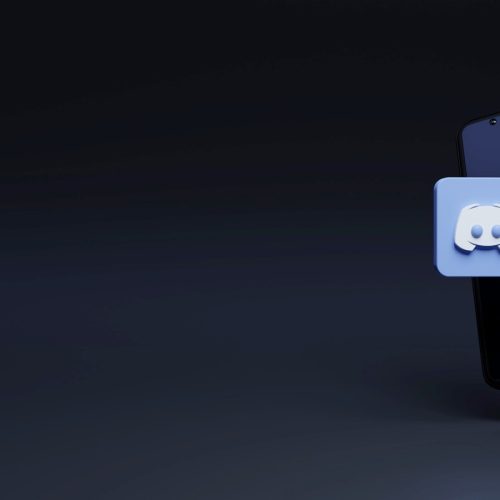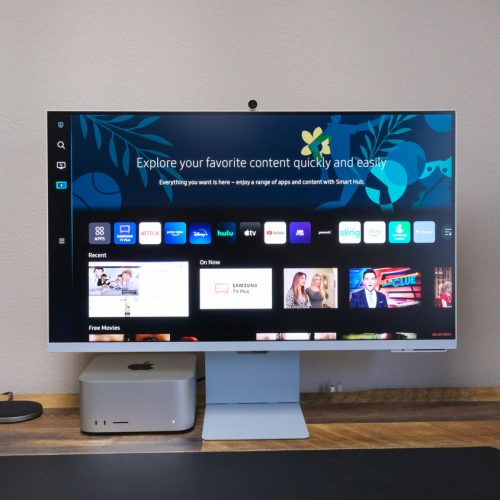Apple hardware and Google services have increasingly managed to play nice together over the years, in spite of the occasional sparks and antipathy directed at each other from their respective top executives. Google leaders, for example, love decrying Apple’s ecosystem as an unnecessarily enclosed walled garden to the detriment of its users, while Apple’s top brass lambasts Google, time and again, over privacy missteps.
Plenty of Google services work great on iOS — Google Maps, Google Photos, Gmail, and the like. On the flip side, though, the Apple Messages app has for years played by a certain set of rules, relegating texts from non-iPhone users that flow into the app to ugly green bubble status with an inviolable finality.
That’s led to all sorts of back-and-forth about whether Apple ought to bring its Messages app over to Android, similar to what the company has done with Apple Music. Or at the least adjust its messaging app protocols so that texts from Android users to iPhones aren’t relegated to second-class citizen status. Even Drake, of all people, seems to have decided to weigh in on this.
Texts Go Green
Honestly, Nevermind is the name of Drake’s just-released seventh album, which debuted on Friday. One of the tracks on the album is titled Texts Go Green, which is a reference to the ugly green bubbles that interrupt Apple Messages threads when the sender is an Android device owner. Whereas messages from one Apple device to another, of course, are presented in blue text bubbles.
“Texts go green — it hits a little different, don’t it?” Drake sings on the track.
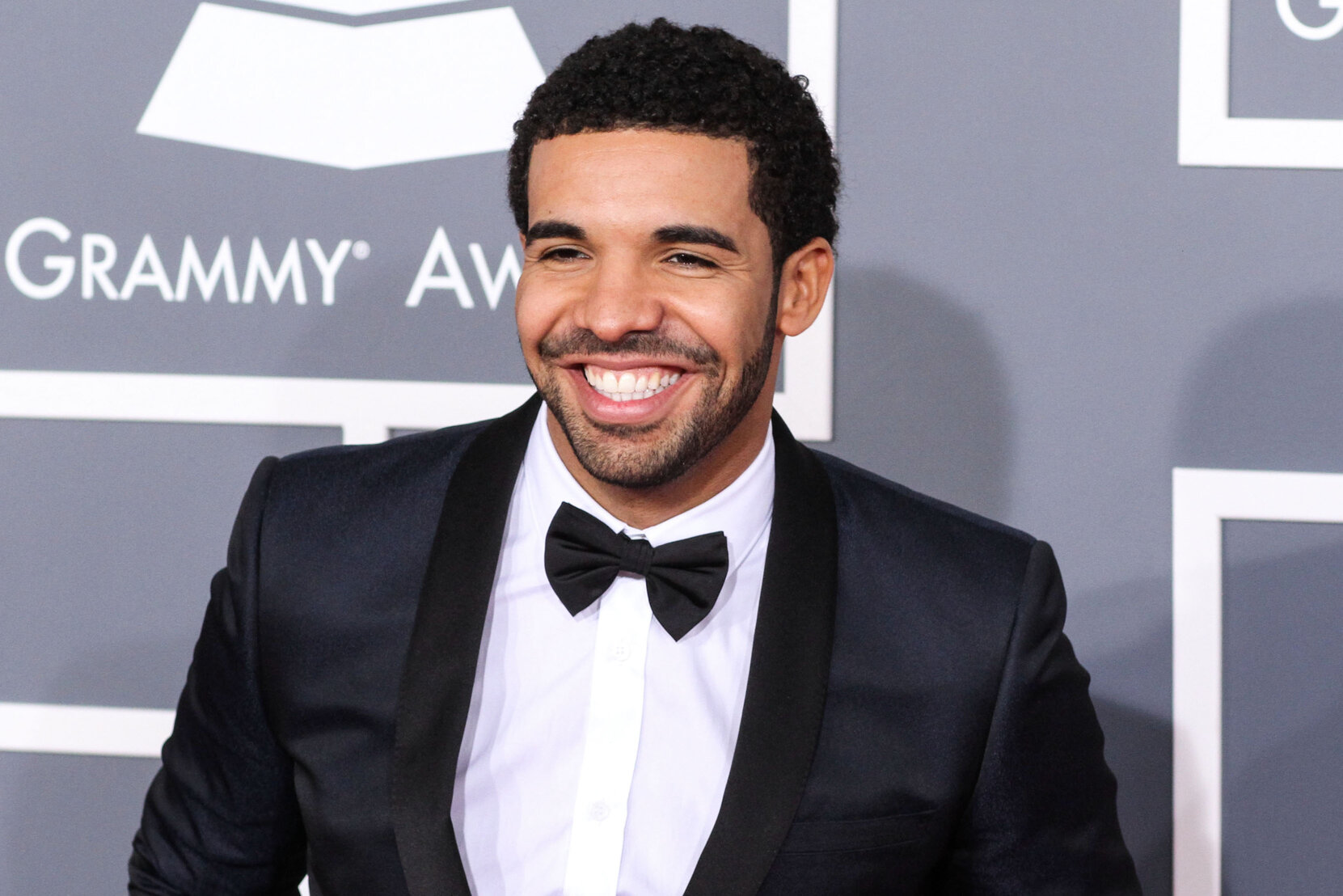
Googlers apparently agree. The official Android Twitter account over the weekend whipped together a cheesy video presented under the guise of being an “unofficial lyric explainer video.”
“The Android team thinks Drake’s new song is a real banger,” intones a narrator for the Android video, which you can check out below — and which goes on to lament that Apple hasn’t adopted the Rich Communication Services (RCS) protocol.
“It refers to the phenomenon when an iPhone user gets blocked. Or tries to text someone who doesn’t have an iPhone. Either way it’s pretty rough. If only some super-talented engineering team at Apple would fix this. Because this is a problem that only Apple can fix. They just have to adopt RCS, actually. It would make texting more secure, too. Just sayin’. Great track, tho.”
Apple Messages in iOS 16
Apple, no surprise, won’t be changing the color bubbles or the way that the Apple Messages app interacts with Android devices anytime soon. What is changing later this year, however, are some key features of the iPhone maker’s stock messages app that will get some long-awaited tweaks thanks to the arrival of iOS 16.
With the next-generation software update, Apple will for the first time, for example, give users the ability to edit a message that they just sent to someone.
Users will also be able to un-send messages. Importantly, though, you’ll have a time limit on editing and recalling messages in iOS 16. You can only do either of those within 15 minutes of sending the message.
Other highlights:
- If you’re busy, and you want to highlight an Apple Messages missive you’ve just read, to remind you to respond to it later? Finally, you’ll be able to do that, as well.
- There’s also a recovery option for deleted messages coming as well. But only for up to 30 days after you’ve deleted the message.
